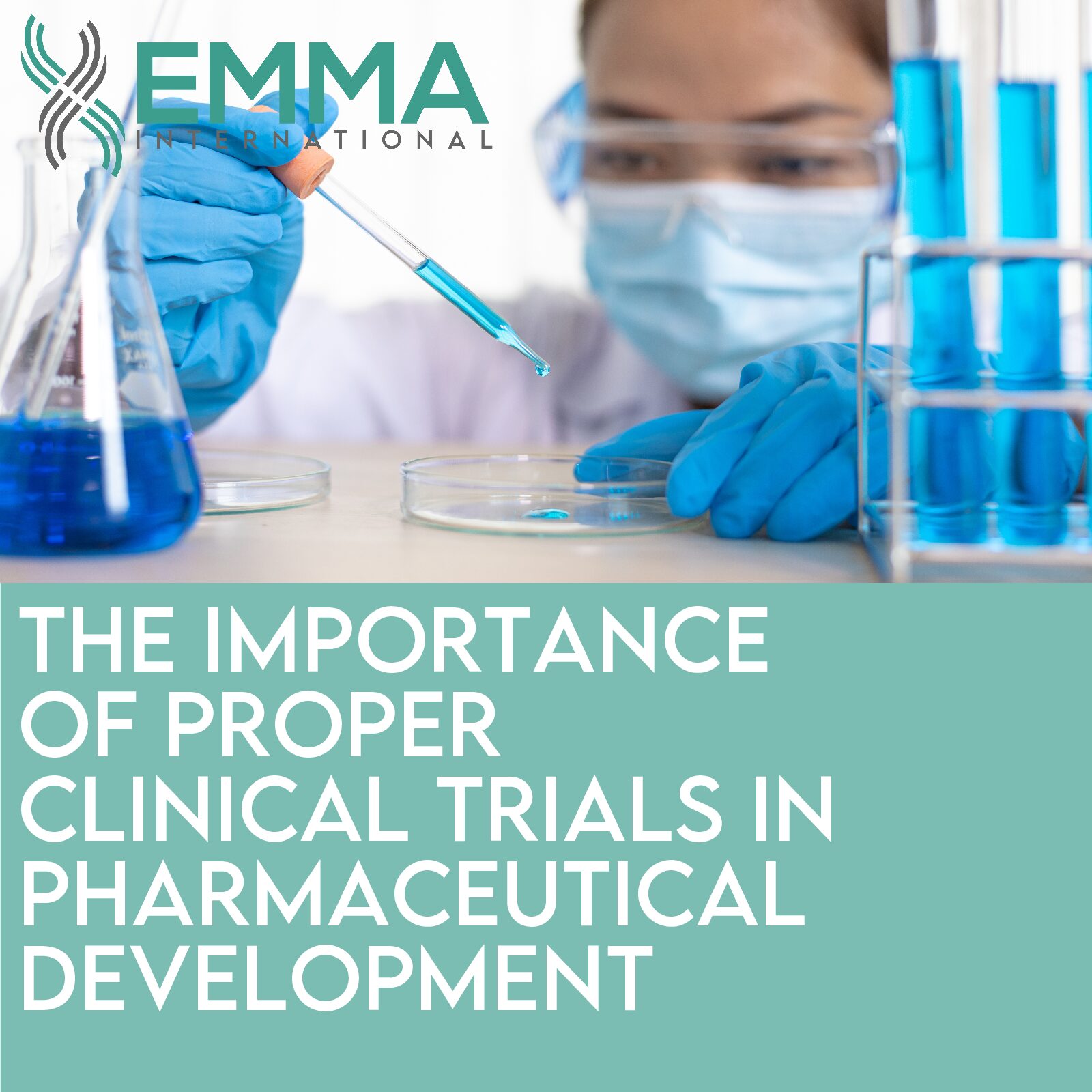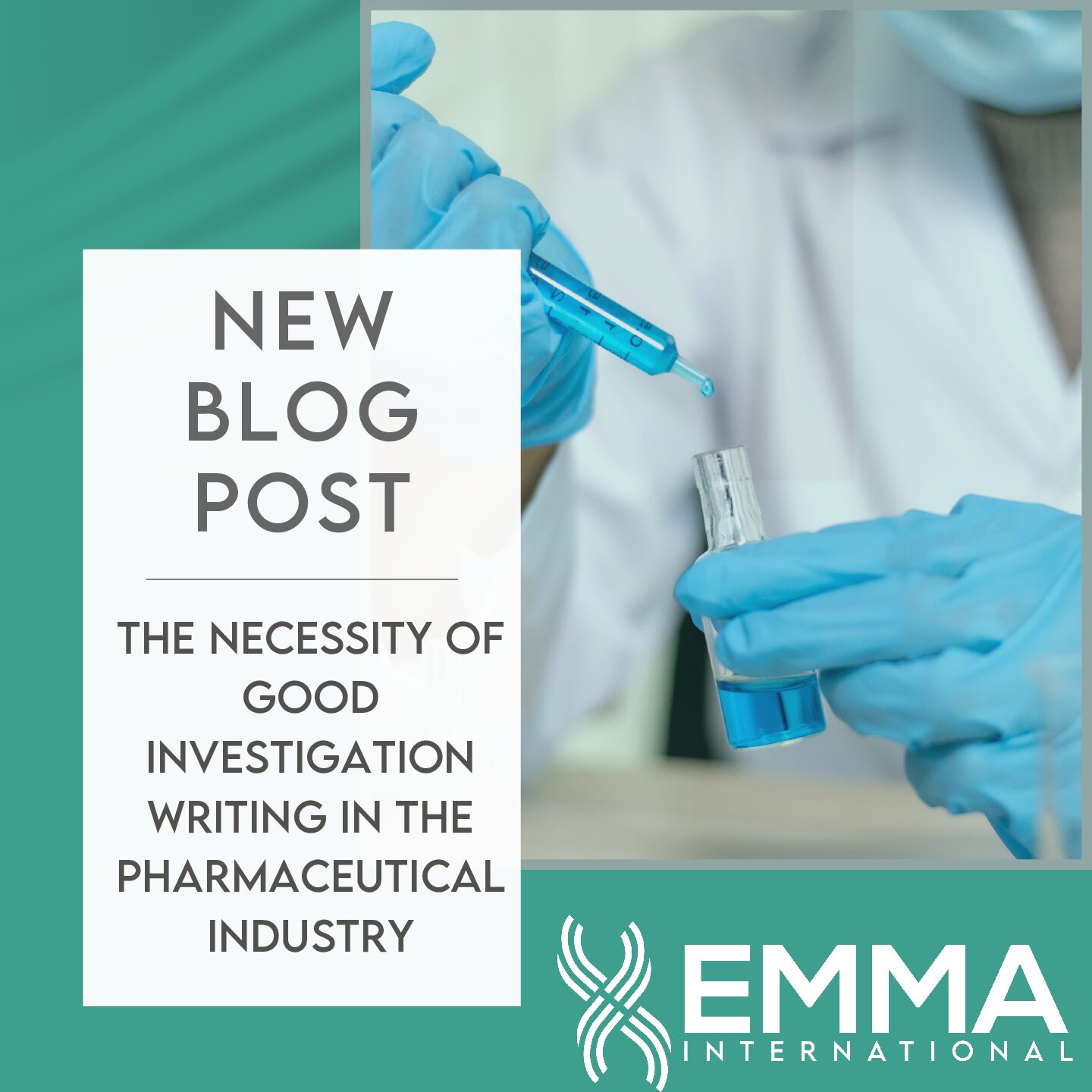Ensuring the well-being of patients requires not only the development of effective treatments but also a robust system for monitoring and addressing any adverse events that may occur. Central to this system is the reporting of adverse events to the FDA. In this blog post, we’ll delve into the importance of adverse event reporting, the process involved, and why transparency in this area is critical for public health.
Adverse events are unintended and harmful reactions to medications or medical devices. These events can range from mild side effects to serious, life-threatening complications. Reporting adverse events serves several crucial purposes:
- Public Health Surveillance: Adverse event reports help the FDA monitor the safety of drugs and medical devices once they are on the market. By collecting and analyzing this data, authorities can identify potential safety concerns and take appropriate regulatory action to protect public health.
- Signal Detection: Adverse event reports can reveal previously unknown risks associated with a particular product. Patterns or clusters of similar adverse events may signal a need for further investigation into the safety of a drug or device.
- Post-Market Surveillance: While clinical trials provide essential safety data before a product is approved for use, they may not capture all potential adverse events. Post-market surveillance through adverse event reporting allows for ongoing monitoring of product safety in real-world settings.
The FDA relies on the timely and accurate reporting of adverse events to fulfill its mandate of protecting public health. Manufacturers, healthcare professionals, and consumers all play a role in the adverse event reporting process:
Pharmaceutical companies and medical device manufacturers are required by law to report adverse events to the FDA. These reports typically include information on the nature of the adverse event, its severity, any contributing factors, and actions taken in response.
Physicians, pharmacists, and other healthcare providers are encouraged to report adverse events through the FDA’s MedWatch program. This voluntary reporting system allows healthcare professionals to submit reports electronically, by mail, or by fax. Patients and consumers can also report adverse events directly to the FDA through the MedWatch program. This input from consumers is valuable in providing a comprehensive picture of a product’s safety profile.
Transparency is essential in maintaining public trust and confidence in the regulatory process. The FDA is committed to transparency in adverse event reporting, and the information collected through this process is made available to the public through various channels:
- FDA Adverse Event Reporting System (FAERS): FAERS is a database that contains adverse event reports submitted to the FDA. This publicly accessible database allows researchers, healthcare professionals, and consumers to search for and review adverse event reports for specific drugs or medical devices.
- MedWatch Alerts: The FDA issues safety communications and alerts to healthcare professionals and the public to provide timely information about potential safety issues associated with drugs and medical devices. These alerts may be based on the analysis of adverse event reports received by the agency.
- OpenFDA: OpenFDA is an initiative that provides easy access to FDA data, including adverse event reports, in a machine-readable format. This allows developers, researchers, and other stakeholders to analyze and use FDA data to support innovation and research.
Reporting adverse events to the FDA is a critical component of post-market surveillance and plays a vital role in ensuring the safety of drugs and medical devices. By fostering transparency and making adverse event data accessible to the public, regulatory agencies can effectively monitor product safety, identify emerging risks, and take appropriate action to protect public health. If you need support with submitting adverse events to the FDA, or need to know if any incidents or complaints relative to your product are reportable, the experts at EMMA can help. Call us at 248-987-4497 or email info@emmainternational.com to learn more.
FDA (May 2023) Reporting Serious Problems to FDA retrieved from: https://www.fda.gov/safety/medwatch-fda-safety-information-and-adverse-event-reporting-program/reporting-serious-problems-fda





